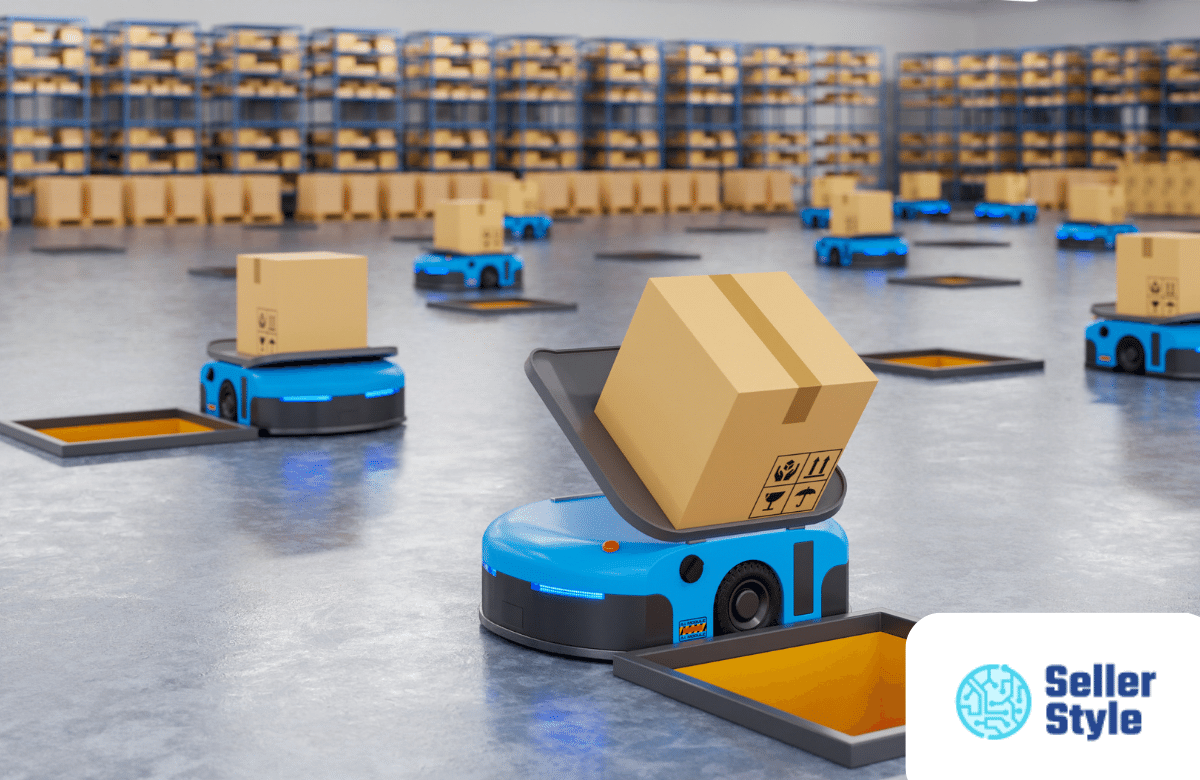Amazon’s Private Label Brands: What You Need to Know
In the vast ecosystem of online retail, Amazon has not only become a marketplace for various brands but has also ventured into creating its own line of products under private labels. These Amazon-branded products have gained prominence, sparking curiosity and sometimes confusion among consumers. In this article, we delve into the world of Amazon’s private label brands, shedding light on what they are, how they function, and what consumers should be aware of.
What are Amazon’s Private Label Brands?
Private label brands, also known as store brands or house brands, are products manufactured by one company for sale under another company’s brand. In Amazon’s case, these products are exclusively available on their platform and carry brand names that are unique to Amazon. These brands cover a wide range of categories, from electronics and apparel to household essentials and groceries.
The Advantages of Amazon’s Private Labels
- Competitive Pricing: Amazon’s private label products are often competitively priced, offering consumers budget-friendly alternatives to popular branded items.
- Diverse Selection: With a growing portfolio of private label brands, Amazon provides customers with an extensive array of choices, ensuring there’s a private label product for nearly every category.
- Quality Control: Amazon exerts control over the production process, enabling them to maintain quality standards across their private label offerings.
- Exclusivity: These products are exclusively available to Amazon shoppers, encouraging customers to keep returning to the platform for specific items.
Common Concerns and Misconceptions
- Quality vs. Price: While private label products are generally more affordable, some consumers worry about the quality. Amazon, however, maintains stringent quality control measures to ensure their products meet industry standards.
- Transparency: Some shoppers might be unaware that they are purchasing a private label product, assuming they are buying a well-known brand. It’s essential for consumers to read product descriptions and customer reviews for clarity.
- Marketplace Fairness: Critics argue that Amazon’s promotion of its private label products might overshadow third-party sellers. Amazon, in response, has emphasized fair competition and continues to support independent sellers on its platform.
What Consumers Should Know
- Read Product Descriptions: Take a moment to read product descriptions thoroughly. This can help you identify whether the product is from a private label brand or a well-known manufacturer.
- Check Customer Reviews: Customer reviews are invaluable. They provide insights into the product’s quality, functionality, and customer satisfaction. Always look for and consider the experiences shared by other shoppers.
- Explore Options: Don’t limit yourself to private label products. Amazon offers a vast selection of items from various brands and sellers. Compare options to find the best product for your needs and budget.
- Be Mindful of Return Policies: Ensure you are aware of the return policies when purchasing private label items. Understanding the return process can save you from potential hassles if the product doesn’t meet your expectations.
Conclusion
Amazon’s venture into private label brands offers consumers a diverse range of options and competitive prices. As a shopper, being informed and discerning about your purchases ensures that you make well-informed decisions, maximizing the benefits of Amazon’s private label products while meeting your specific needs and expectations.

